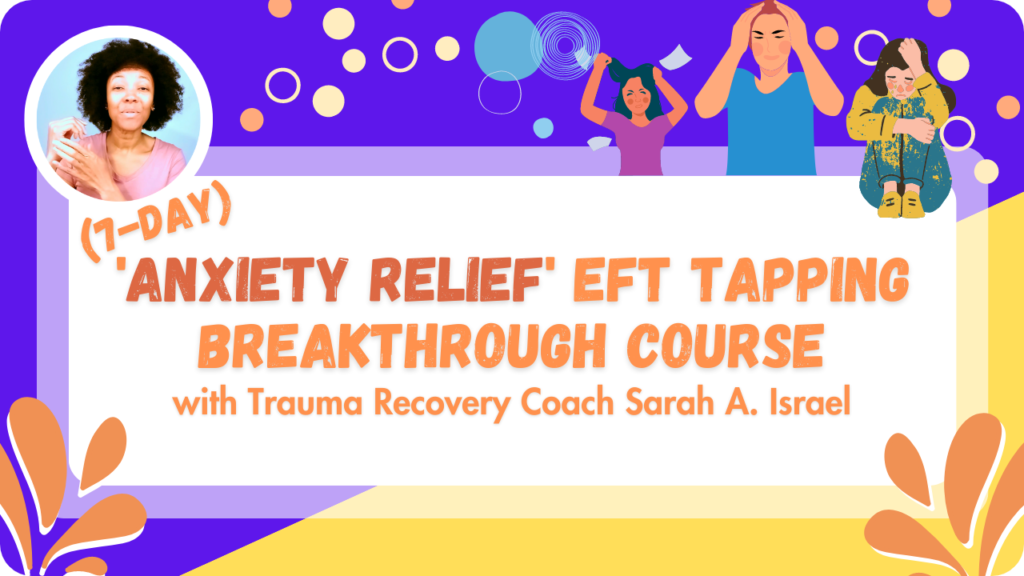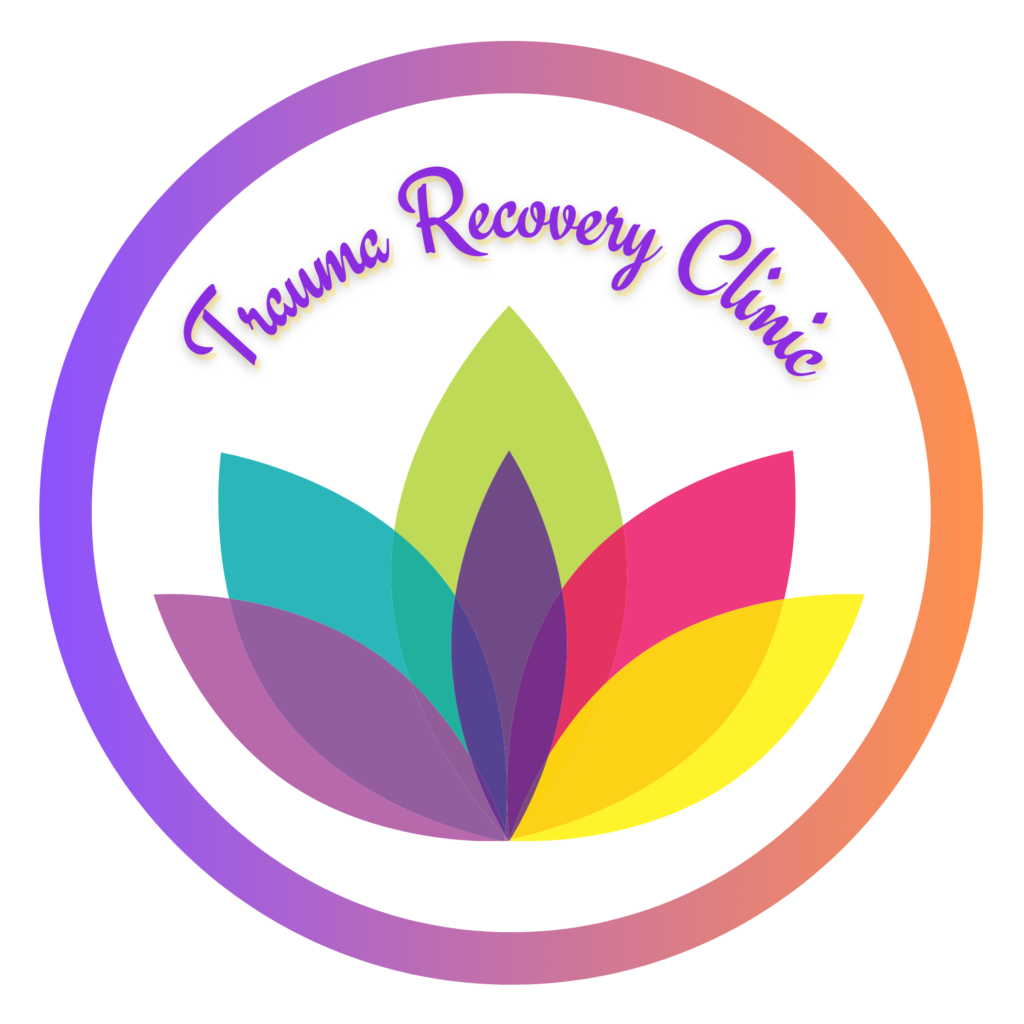
Hey there, lovely ladies! If you’re reading this, chances are you’ve been toying with the idea of becoming a coach or healer. Maybe you’ve been dreaming about helping others, sharing your wisdom, and making a real difference in the world. But, let’s face it, there’s probably a little voice in your head that’s whispering doubts and fears to you… making you wonder if you really have what it takes.
Sound familiar? Don’t worry, you’re not alone. In this guide, we’ll dive deep into how to get confidence to be a coach, explore some tips and tricks to build your self-assurance, and share stories of women who have successfully made the leap. So, grab a cup of tea with me, get comfy, and let’s get started!
Why Confidence Matters

Before we dive into the nitty-gritty of how to get confidence to be a coach, let’s talk about why confidence is so important in the first place. Confidence is like the secret sauce that can take you from dreaming about becoming a coach or healer to actually doing it. It’s what helps you put yourself out there, attract clients, and create a thriving practice.
When you’re truly confident, you believe in your abilities, and that belief is more certainly contagious. Your clients will feel it too, and they’ll trust you to guide them through their challenges.
On the flip side, if you’re constantly second-guessing yourself, it can be tough to build a successful coaching or healing practice. So, let’s break down how you can cultivate that all-important confidence in your abilities.
How to Get Confidence to Be a Coach: Start with Self-Awareness
One of the first steps in learning how to get confidence to be a coach is to become more self-aware. This means understanding your strengths, acknowledging your weaknesses, and recognizing the unique qualities that make you, well, you! Here are a few exercises to help you get started:
1. Reflect on Your Journey
Take some time to reflect on your personal journey. What experiences have shaped you into the woman that you are today? What challenges have you overcome? What skills have you developed along the way? Write these down and celebrate your accomplishments. This exercise can help you see just how far you’ve come and boost your confidence in your abilities.
2. Identify Your Strengths
Make a list of your strengths and talents. Are you a great listener? Do you have a knack for problem-solving? Are you empathetic and compassionate? Recognizing your strengths can help you feel more confident in your ability to help others.
3. Embrace Your Imperfections
No one is perfect, and that’s okay! Embrace your imperfections and see them as opportunities for growth. Remember, your clients aren’t looking for a perfect coach or healer. They’re actually looking for someone who is genuine, relatable, and able to guide them through their own struggles.
How to Get Confidence to Be a Coach: Gain Knowledge and Skills
Another key aspect of learning how to get confidence to be a coach is to gain the necessary knowledge and skills. The more you know, the more confident you’ll feel in your ability to help others. Here are some steps you can take:
4. Get Educated
Invest in your education and training. There are countless courses, certifications, and workshops available for aspiring coaches and healers. Whether you’re interested in life coaching, fitness coaching, or a specific healing modality, there’s a program out there for you. The more you learn, the more confident you’ll feel in your expertise.
5. Practice, Practice, Practice
Confidence comes with experience. The more you practice your coaching or healing skills, the more confident you’ll become. Offer free or discounted sessions to friends, family, or even strangers. Join practice groups or online communities where you can hone your skills and receive feedback. Every session you conduct will help you build your confidence.
6. Find a Mentor
Having a mentor can be incredibly valuable as you embark on your coaching or healing journey. A mentor can provide guidance, support, and valuable insights based on their own experiences. They can also help you navigate challenges and boost your confidence by offering encouragement and feedback.
How to Get Confidence to Be a Coach: Build a Supportive Network
Building a supportive network is crucial when it comes to learning how to get confidence to be a coach. Surrounding yourself with positive, like-minded individuals can provide the encouragement and motivation you need to stay confident and focused. Here are some ways to build your network:
7. Join Professional Organizations
There are many professional organizations for coaches and healers that offer networking opportunities, resources, and support. Joining these organizations can help you connect with other professionals, stay up-to-date on industry trends, and build your confidence through ongoing education and collaboration.
8. Connect with Peers
Reach out to other aspiring or established coaches and healers. Join online forums, social media groups, or local meetups where you can share experiences, ask questions, and offer support. Having a community of peers who understand what you’re going through can be incredibly reassuring and confidence-boosting.
9. Seek Out Supportive Friends and Family
Don’t underestimate the power of your personal support system. Share your goals and dreams with friends and family who are supportive and encouraging. Their belief in you can help to uplift your own confidence and keep you motivated on your journey.
How to Get Confidence to Be a Coach: Develop a Positive Mindset
A positive mindset is essential when it comes to building confidence. Your thoughts and beliefs play a significant role in how you feel about yourself and your abilities. Here are some strategies to cultivate a positive mindset:
10. Practice Self-Compassion
Be kind to yourself. When you make a mistake or face a setback, don’t beat yourself up. Instead, practice self-compassion and remind yourself that everyone makes mistakes. Treat yourself with the same kindness and understanding that you would offer to a friend.
11. Use Positive Affirmations
Positive affirmations can help rewire your brain and boost your confidence. Create a list of affirmations that resonate with you, such as “I am a skilled and compassionate coach” or “I have the knowledge and abilities to help others.” Repeat these affirmations daily, especially when you’re feeling doubtful or anxious.
12. Visualize Your Success
Take some time each day to visualize your success. Imagine yourself confidently leading coaching sessions, helping clients achieve their goals, and making a positive impact in their lives. Visualization can help reinforce your belief in your abilities and boost your confidence.
Real-Life Stories: Women Who Found Their Confidence
Sometimes, the best way to learn how to get confidence to be a coach is to hear from other women who have walked the same path. Here are a few inspiring stories of women who found their confidence and became successful coaches and healers:
Sarah’s Journey to Becoming a Life Coach
Sarah always had a passion for helping others, but she struggled with fear of success and fear of work burnout. After attending a life coaching certification program and practicing with friends and family, she slowly started to build her confidence.
Sarah also found a mentor who guided her through the early stages of her career. Today, Sarah runs a thriving life coaching business, helping clients overcome their own self-doubt and achieve their goals.
Emma’s Path to Becoming a Health Coach
Emma had a background in nutrition and wellness, but she wasn’t sure if she had what it took to be a fitness coach. She decided to invest in a comprehensive fitness instructor certification program and joined several online communities for aspiring health coaches.
Through practice, feedback, and the support of her peers, Emma gained the confidence she needed to start her own fitness coaching business. She now helps clients achieve their wellness goals and live healthier lives.
Mia’s Transformation into a Healer Practitioner
Mia was drawn to being an alternative healer but she struggled with imposter syndrome. She felt intimidated by the idea of starting her own practice. She had heard of other women being able to do it. But, she had trouble believing that she could.
She began by attending healing workshops and practicing on friends and family. Mia also joined a local community where she could share her experiences and learn from others. With time and practice, Mia’s confidence grew, and she eventually opened her own healing studio. Today, she helps clients find balance and healing through her practice.
How to Get Confidence to Be a Coach: Embrace Your Unique Journey
One of the most vital things to remember when learning how to get confidence to be a coach is that your journey is unique to you. There’s no one-size-fits-all approach to building confidence, and that’s okay! Embrace your unique path, celebrate your progress, and trust that you have what it takes to become a successful coach or healer.
13. Set Realistic Goals
Set realistic and achievable goals for yourself. Break down your larger goals into smaller, manageable steps. Celebrate each milestone you reach, no matter how small. This can help you build momentum and boost your confidence over time.
14. Learn from Your Experiences
Every experience, whether positive or negative, is an opportunity for growth and learning. When you encounter challenges or setbacks, take the time to reflect on what you’ve learned and how you can apply those lessons moving forward. This mindset can help you stay resilient and confident in the face of obstacles.
15. Stay True to Yourself
As you embark on your coaching or healing journey, it’s important to stay true to yourself. Authenticity is key to building a successful practice. Be yourself, share your unique perspective, and connect with clients who resonate with your approach. When you’re authentic, your confidence will naturally shine through.
How to Get Confidence to Be a Coach: Overcome Imposter Syndrome

Imposter syndrome is a common challenge for many aspiring coaches and healers. It’s that nagging feeling that you’re not really qualified or that you’ll be “found out” as not being who you claim to be.
Despite your skills and achievements, you may still struggle to recognize your own accomplishments, shrugging them off as simply “luck” rather than competence. This can lower your confidence and hinder your ability to effectively help clients.
The syndrome creates a cycle of anxiety and self-limitation, preventing you from fully embracing your roles and your potential. Addressing imposter syndrome involves fully understanding these negative thought patterns, seeking support, and cultivating self-compassion. This will enable you, as an aspiring coach or healer, to step into your authentic power and make meaningful contributions.
Here are some strategies to overcome imposter syndrome and build your confidence:
16. Acknowledge Your Accomplishments
Take the time to acknowledge and celebrate your accomplishments, both big and small. Keep a journal of your achievements and refer back to it when you’re feeling doubtful. Reminding yourself of your successes can help counteract imposter syndrome.
17. Seek Feedback
Seek feedback from clients, peers, and mentors. Constructive feedback can help you identify areas for improvement and boost your confidence by highlighting your strengths. Remember, feedback is a valuable tool for growth and development.
18. Challenge Negative Thoughts
When negative thoughts and self-doubt creep in, challenge them. Ask yourself if there’s evidence to support those thoughts or if they’re simply a result of imposter syndrome. Replace negative thoughts with positive, empowering ones that reinforce your confidence.
Final Thoughts: How to Get Confidence to Be a Coach
Learning how to get confidence to be a coach is a journey, and it’s one that requires patience, practice, and self-compassion. By becoming more self-aware, gaining knowledge and skills, building a supportive network, developing a positive mindset, and embracing your unique journey, you can build the confidence you need to become a successful coach or healer.
Remember, confidence isn’t something that magically appears overnight. It’s something you cultivate and nurture over time. Be kind to yourself, celebrate your progress, and trust that you have what it takes to make a positive impact in the lives of others. You’ve got this!
So, lovely ladies, are you ready to take the leap and become the confident coach or healer you were meant to be? The world needs your unique gifts and talents, and there’s no better time to start than now. Embrace your journey, believe in yourself, and go out there and make a difference. You’ve got the power to change lives, including your own. Good luck, and go get ’em!
___________________________________________________________________________________________________________________________________________________________________________________________
In her more than 20-year dynamic business background, Sarah has dominated various industries from bridal, to ecommerce, to marketing and real estate — launching extremely lucrative startups both in the United States and globally. Sarah Israel has gained celebrated mastery in sales as well as client retention strategies. Mrs. Sarah Israel is highly sought-after for her impressive cache of wisdom and knowledge in many domains.





 Back when I first began dealing with my own anxiety and depression, I was avoiding many unpleasant people and situations. I thought that I was better off dealing with my struggles on my own. I knew that I would figure my way out eventually and I felt more comfortable going through it that way.
Back when I first began dealing with my own anxiety and depression, I was avoiding many unpleasant people and situations. I thought that I was better off dealing with my struggles on my own. I knew that I would figure my way out eventually and I felt more comfortable going through it that way.